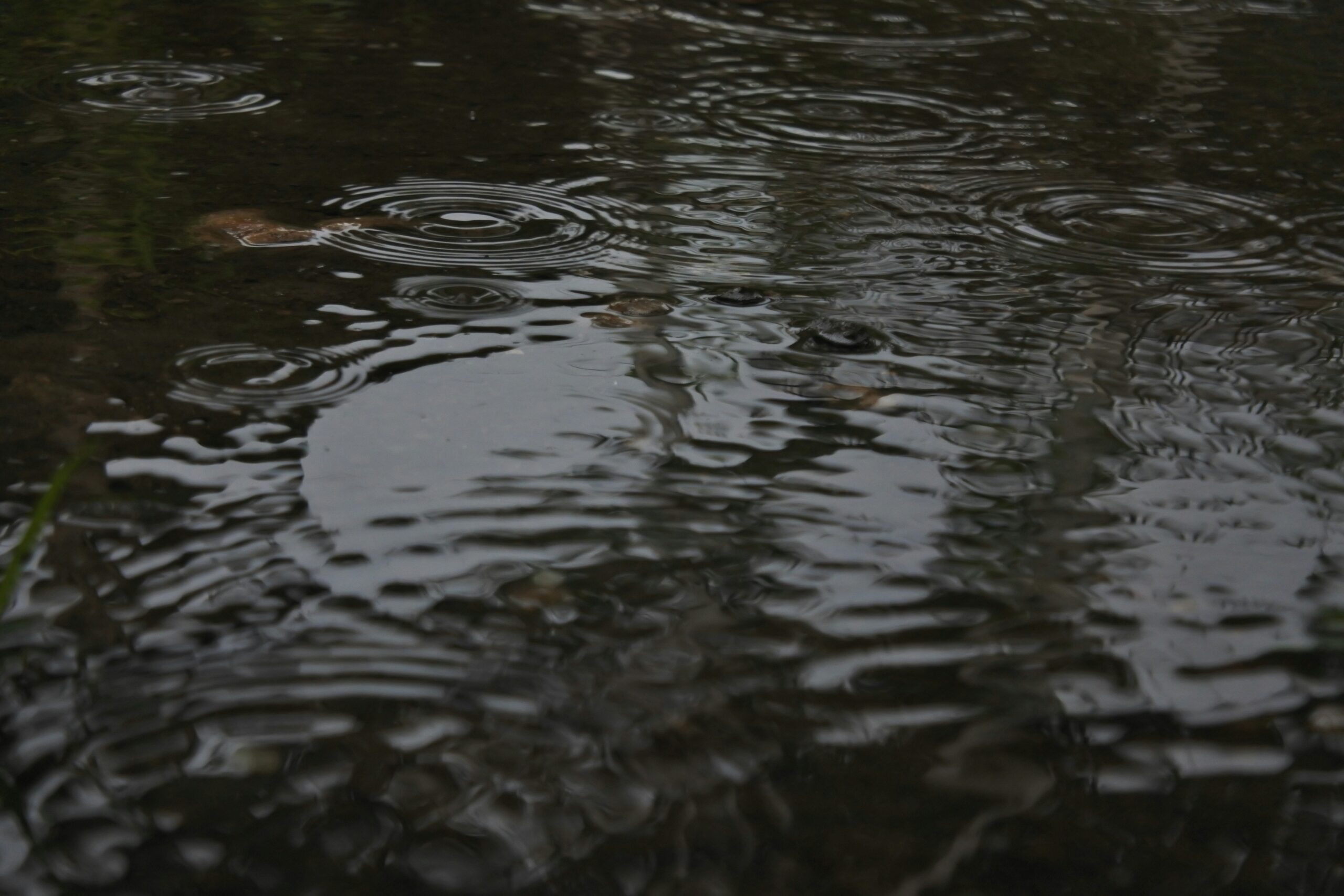 Image description: dark puddle of water with rain drops breaking the surface. Photo by Nitsa Mahsa on Unsplash
Image description: dark puddle of water with rain drops breaking the surface. Photo by Nitsa Mahsa on Unsplash
Scientists have uncovered compelling evidence of a vast reservoir of freshwater trapped beneath the Atlantic Ocean floor, raising new questions about the planet’s hydrological systems and future water security. As reported by Phys.org, the discovery was made using advanced geophysical techniques that detected low-salinity water in porous sediments beneath the seabed.
The findings suggest that this hidden aquifer could span hundreds of kilometers and may have formed during the last ice age when sea levels were significantly lower. According to Deutsche Welle, researchers believe the freshwater was trapped by impermeable layers of clay and rock, preserving it for thousands of years.
While the water is not immediately accessible for consumption, its existence could have implications for future freshwater extraction technologies and climate resilience strategies. The discovery also opens new avenues for understanding sub-seafloor ecosystems and the geological history of ocean basins.
Experts caution that while the discovery is promising, further research is needed to assess the volume, quality, and accessibility of the freshwater. They also stress the importance of balancing exploration with environmental protection, particularly in sensitive marine habitats.